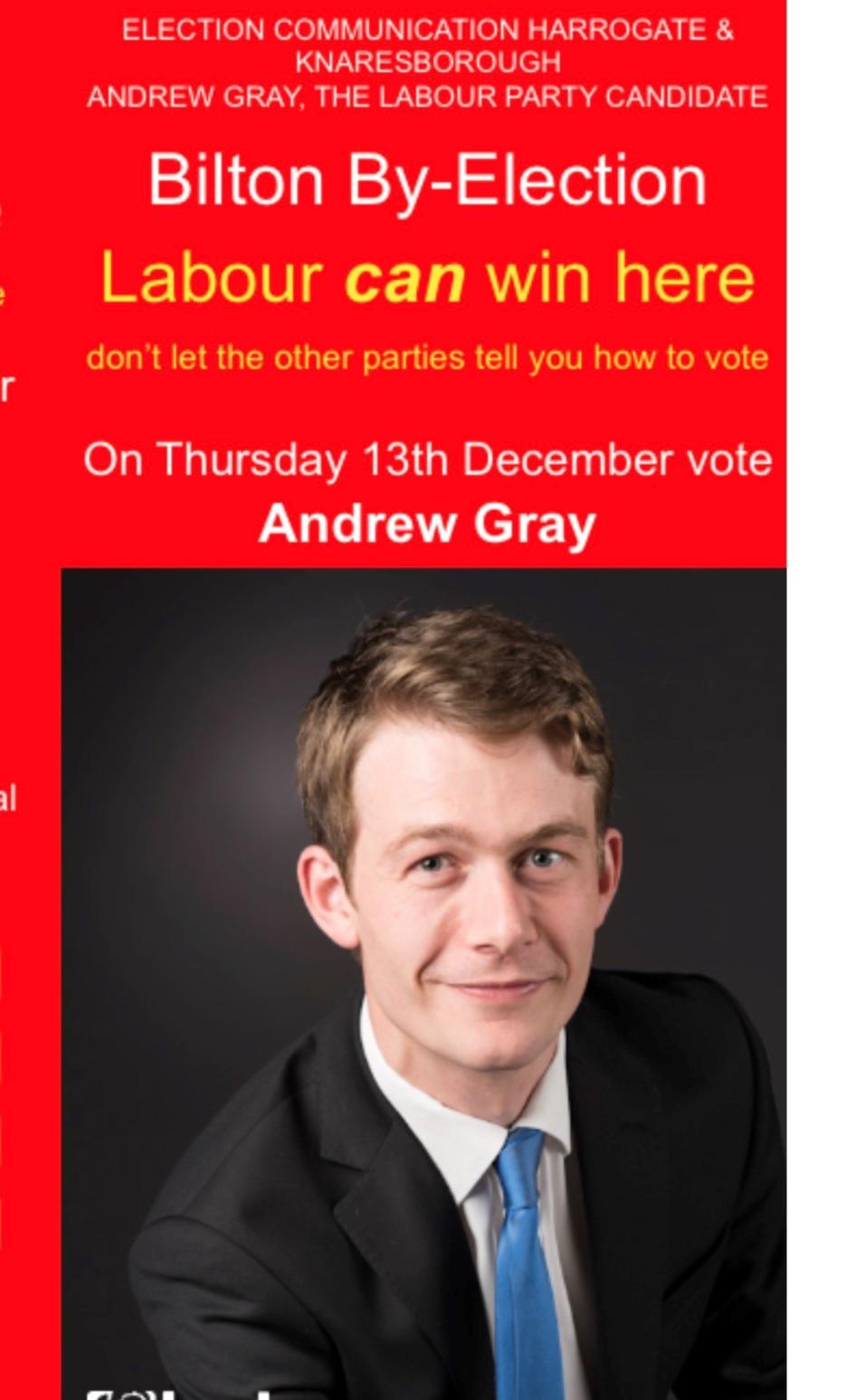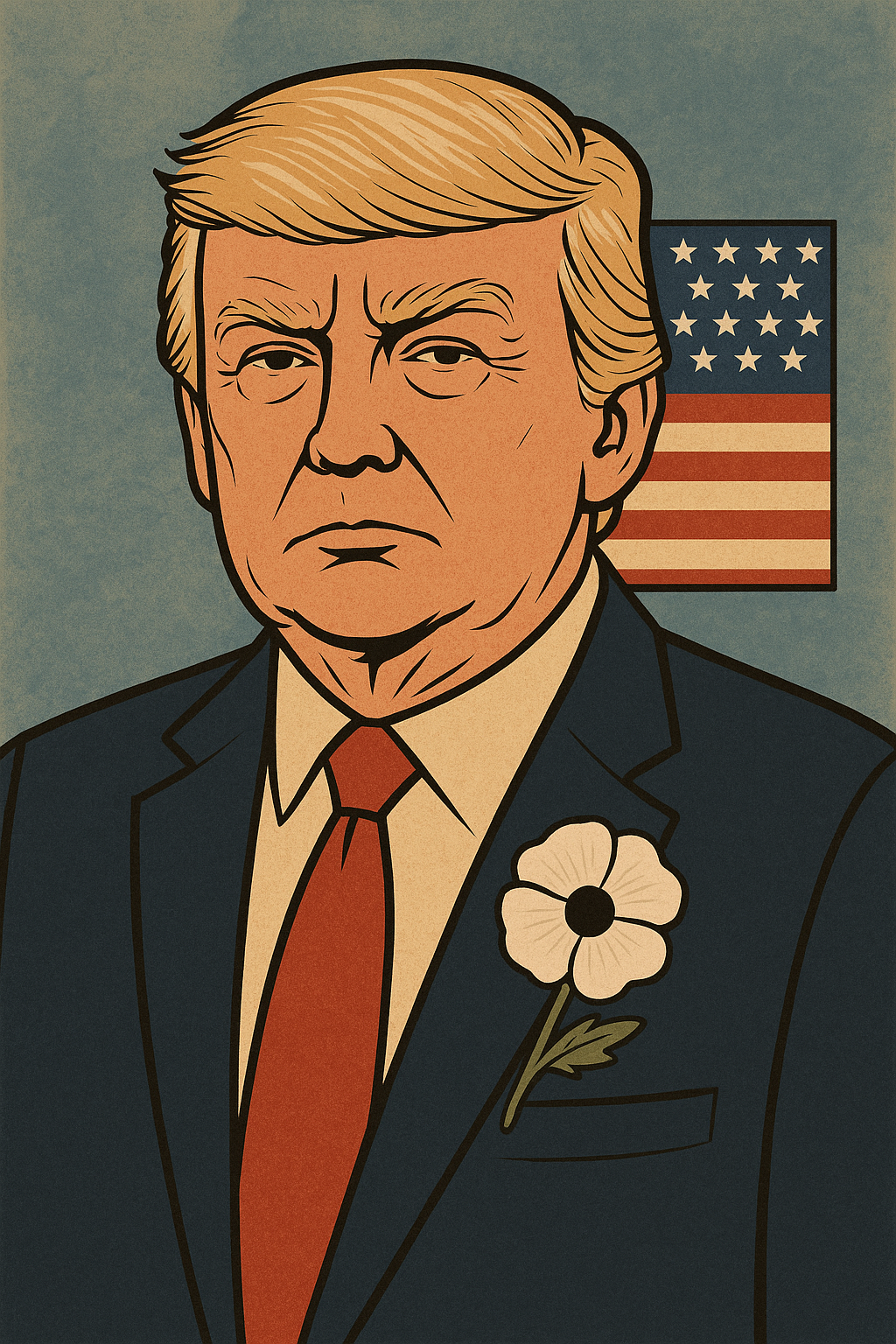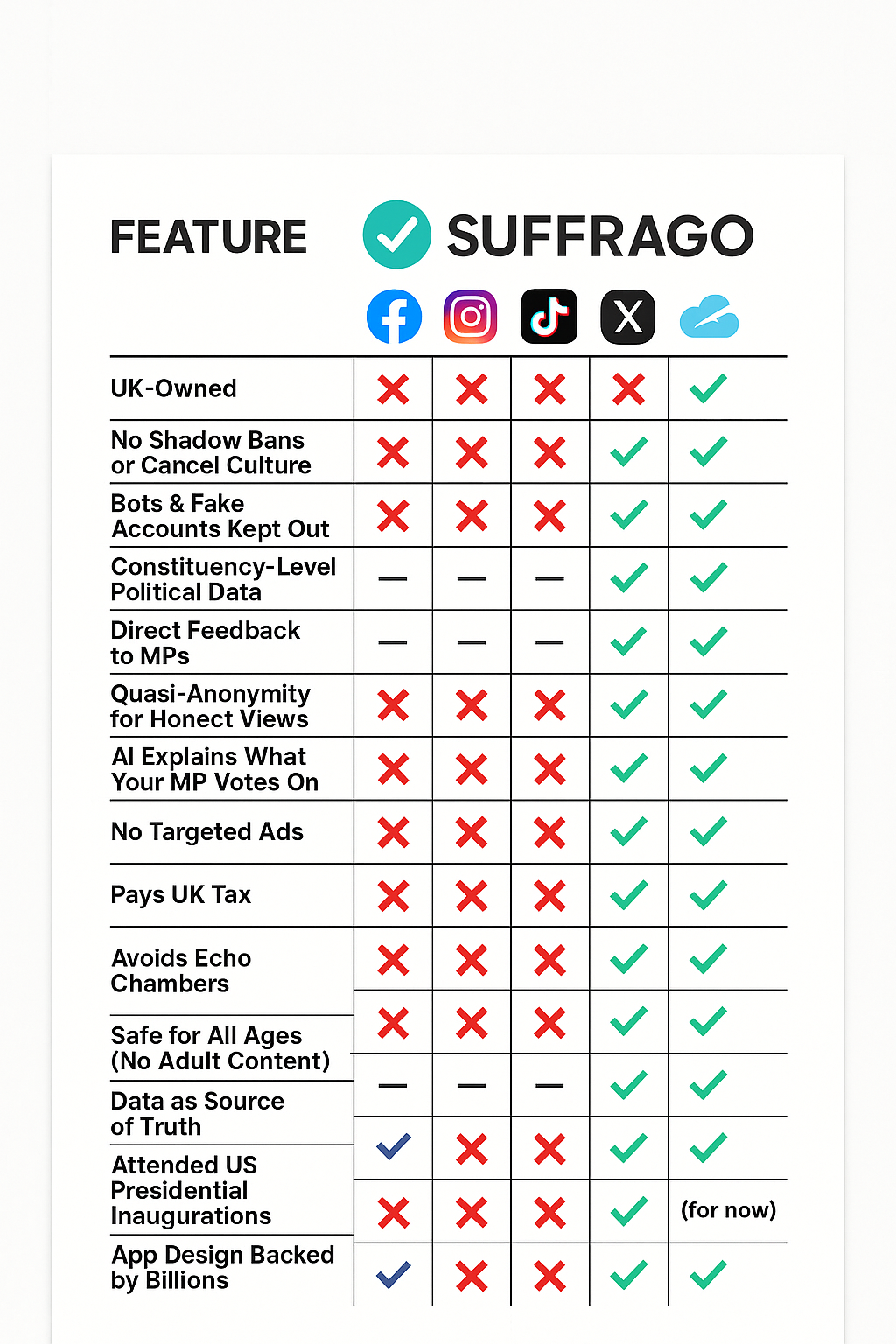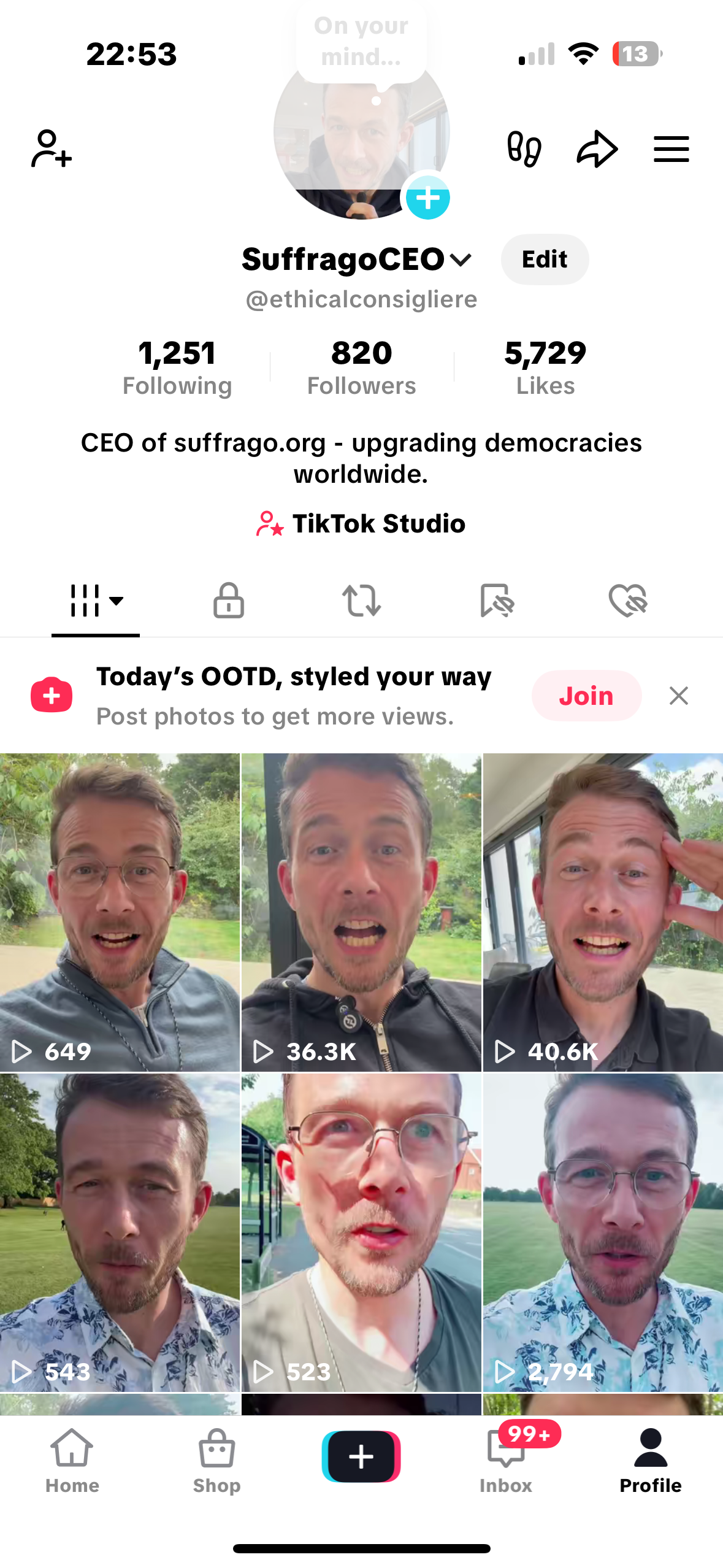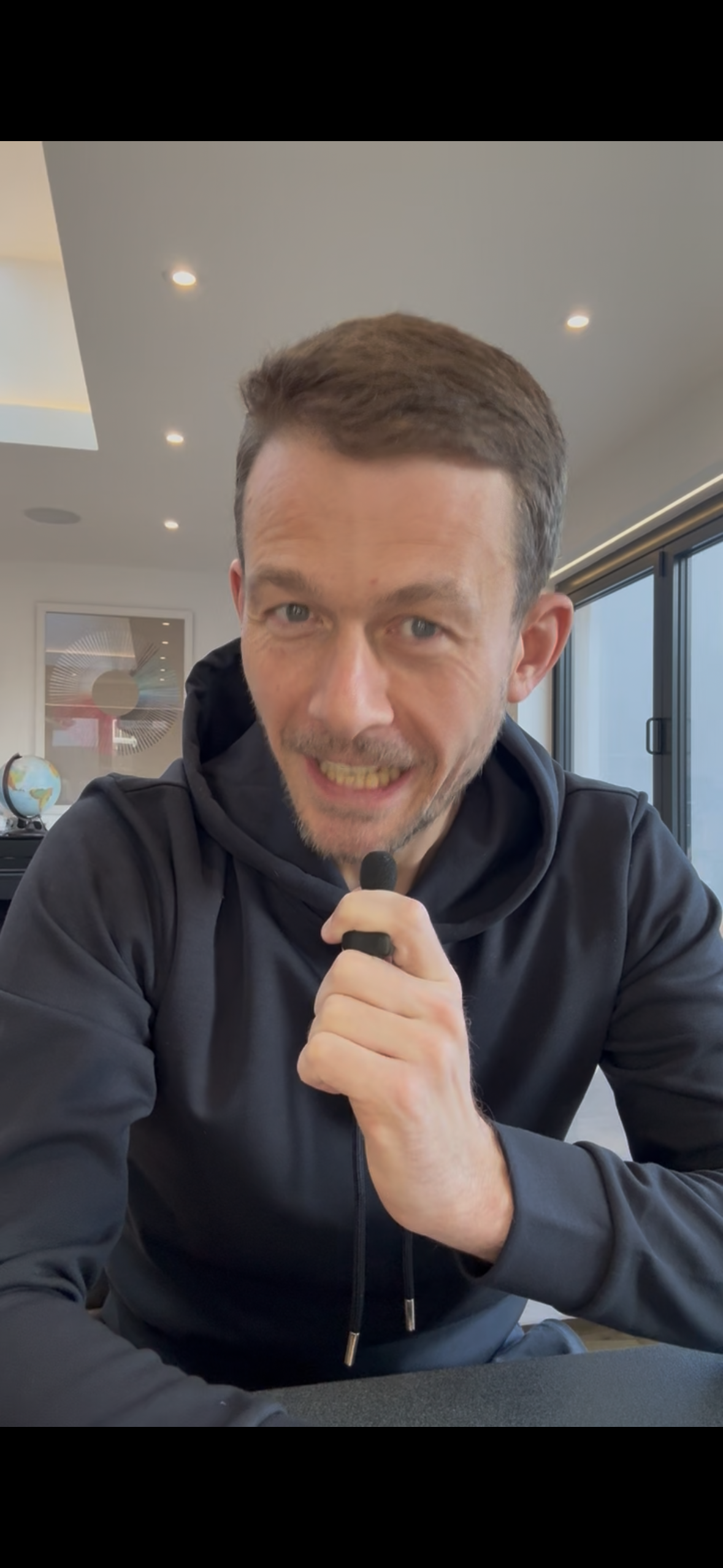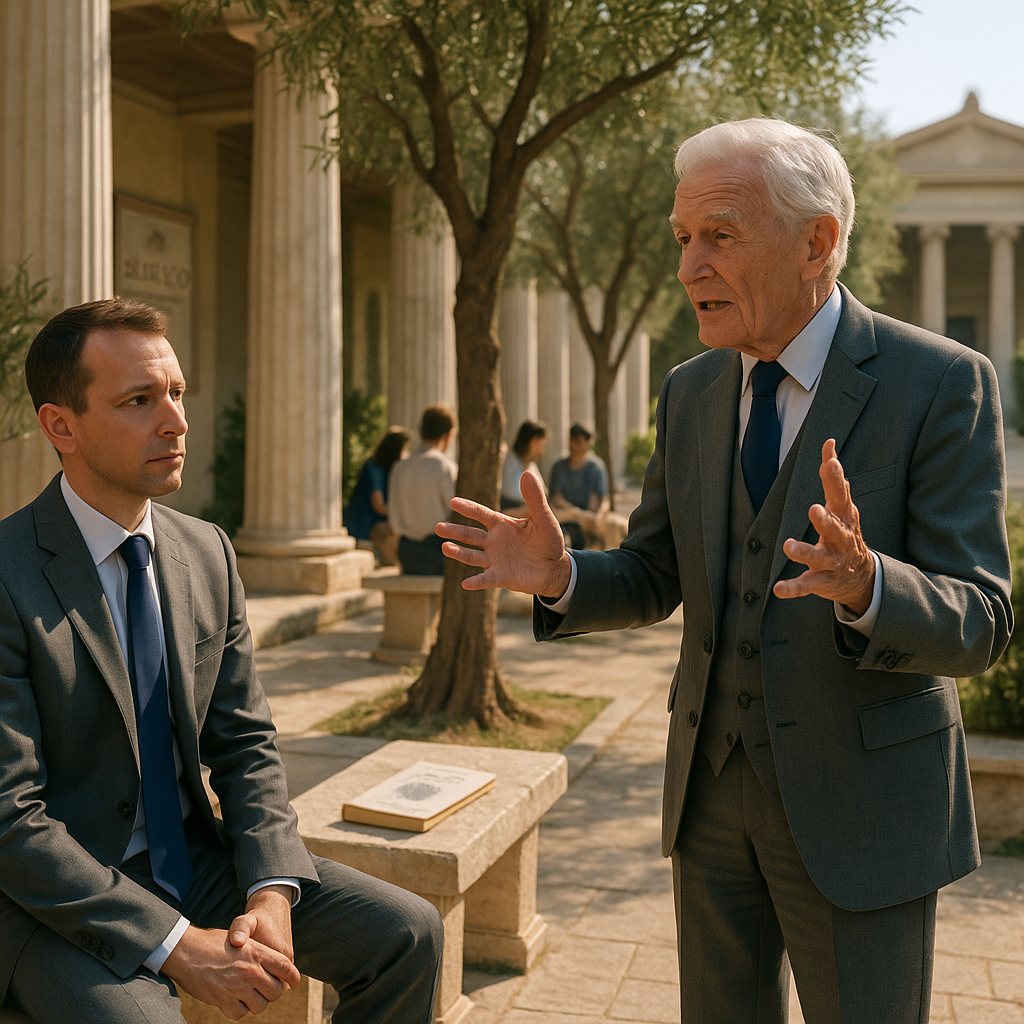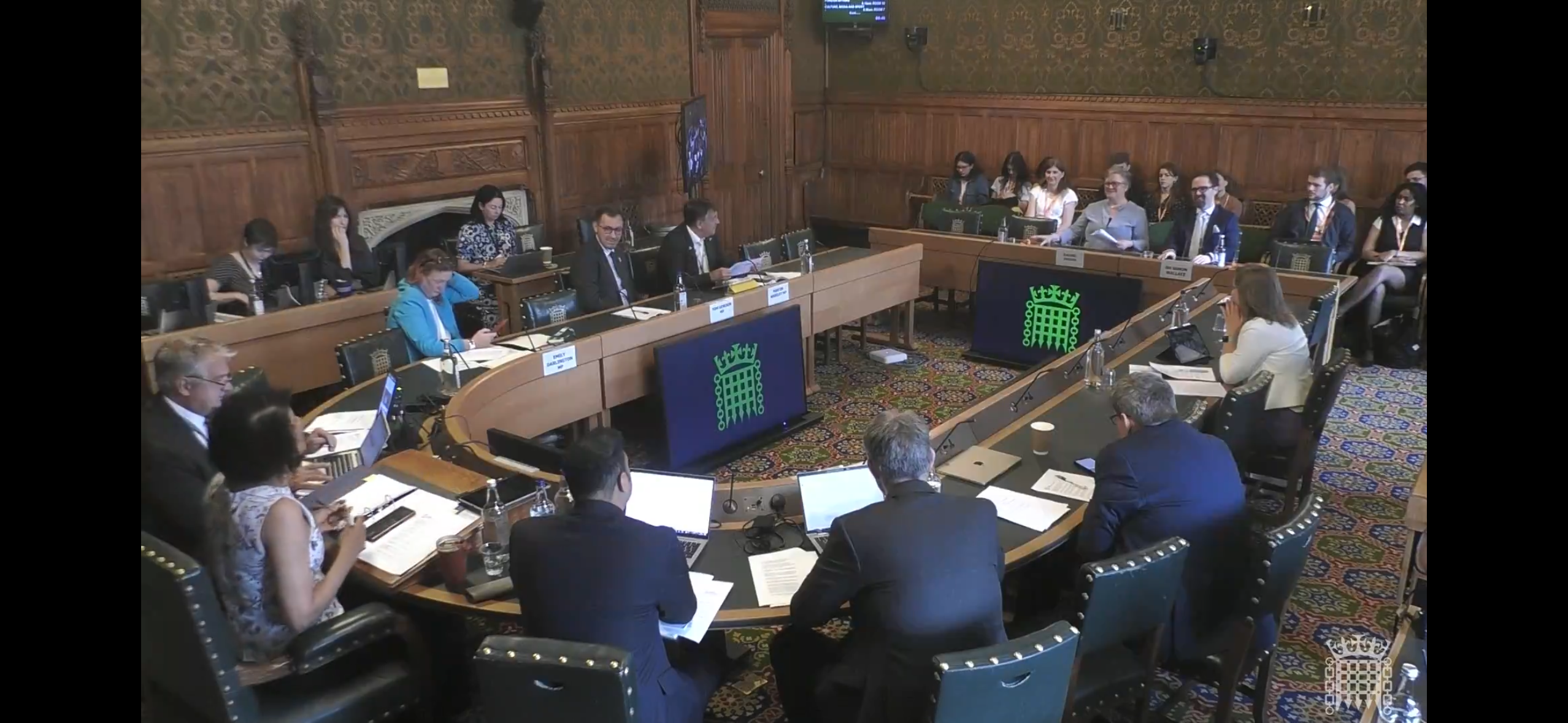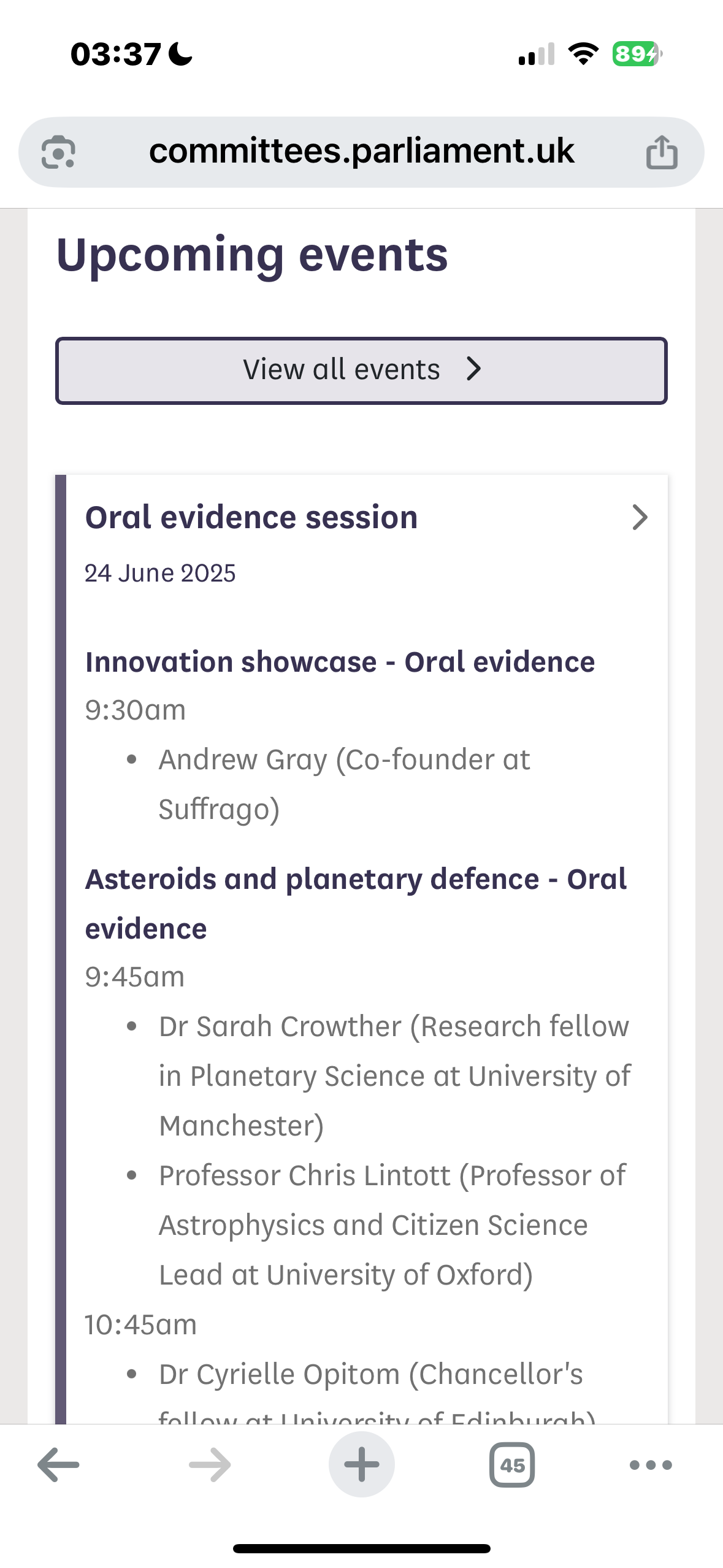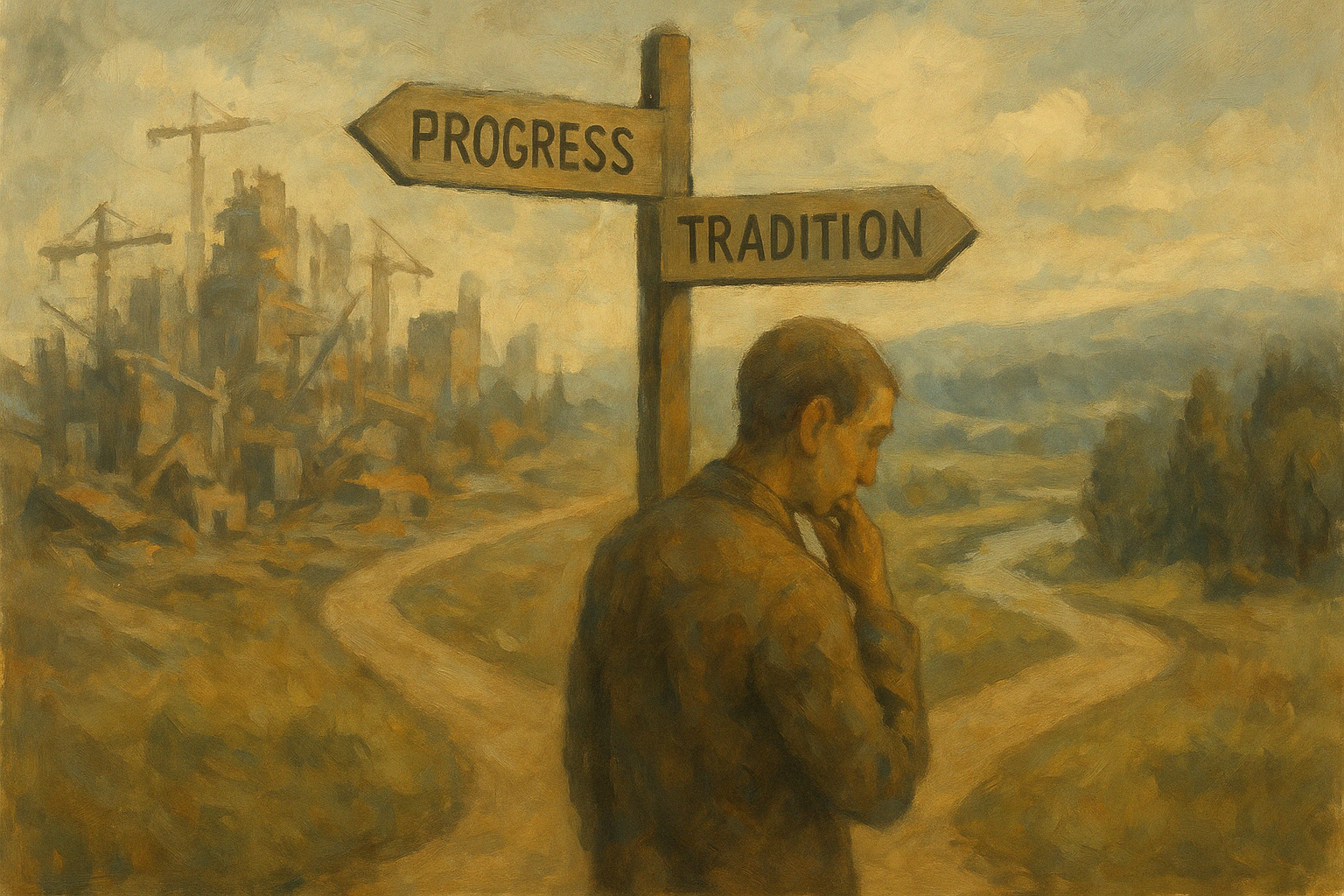Knock, knock, knockin’ on heaven’s door
Many years ago, I stood for the Labour Party in a council by-election in Bilton, Harrogate. I hated canvassing—the intrusion into someone’s privacy—but I did it anyway. Duty called.
One evening, a family invited me in. We had a fantastic hour talking politics, exchanging ideas, and making what I thought were new friends—and new voters. When I finally asked the standard question, “Can I count on your support?” they smiled and said, “Oh no, we’re Jehovah’s Witnesses. We don’t vote. We let God decide who wins.”
Turns out, God didn’t back me — a recurring theme in my life!
That experience stuck with me. Conviction is rare these days, but during the recent General Election, an independent candidate in Harrogate showed it — running on a platform to ban abortion, unapologetically declaring it the “Christian position.”
Meanwhile, back in Harrogate town centre, the Jehovah’s Witnesses are there—like clockwork—smartly dressed, standing by their signs, ready to engage anyone willing to listen. I admire them. Not because I agree with their beliefs, but because they have conviction. I don’t have that kind of guts.
In a previous blog, I took a bold step: I said I was pleased that Trump won. In the circles I move in, that’s practically heresy. Openly, maybe 10% of my friends and family share my view. Or at least, that’s what they say. But how much are they self-censoring?
Over the last 4 years, I’ve run more anonymous AI-powered conversations than anyone in the UK (which isn’t impressive, but it’s true). What I’ve discovered is that most people in the UK are terrified of expressing their real political views.
So, here’s a challenge: post to social media your unfiltered opinions on trans rights, religions, welfare benefits, immigration, the Middle East, reasonable chastisement, cousin marriage, or circumcision. I dare you. No — I double dare you. You won’t do it. I won’t do it. Why? Because we fear the consequences. We fear ostracism, cancellation, maybe even losing our jobs. So we say nothing. Worse still, we stop thinking. We stop questioning. We accept.
Tangentially, UK opinion polls have been wrong for decades thanks to “shy Tories” — people too afraid to admit, even to a pollster, that they will be voting Conservative. But the polling booth? That’s private. There, conviction speaks.
Dominic Cummings — the so-called bogeyman — says that in the UK and the US, it’s often the non-degree-educated people — those who don’t obsess over the news — who have the deepest instinct for what their country needs. These voters, he says, are the least afraid to say what they believe is in their own best interests, and the country’s. They aren’t shaped by elite narratives; they’re shaped by real life, he says.
These voters share something with the Jehovah’s Witnesses in town or that anti-abortion candidate: they can look in the mirror and know they’ve lived their truth.
Can you say the same? I know I can’t.
